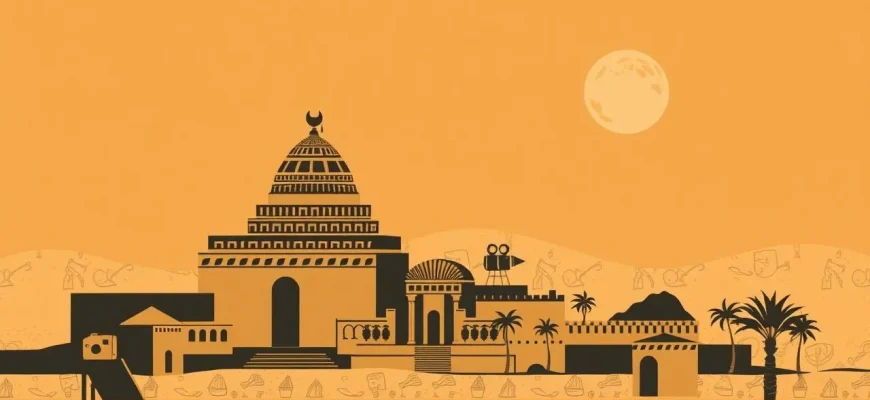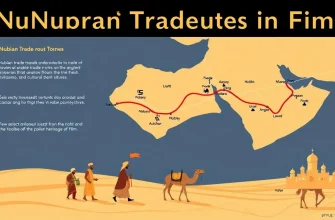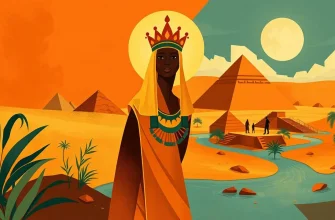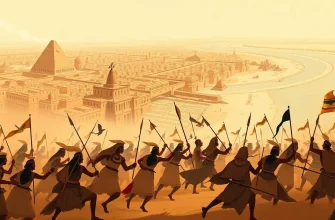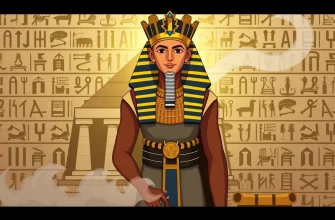Embark on a cinematic journey through the annals of ancient African history with this curated selection of films. From epic tales of empires and kingdoms to the untold stories of lesser-known civilizations, these movies not only entertain but also educate, shedding light on the vibrant cultures, conflicts, and conquests that shaped Africa's historical landscape. Whether you're a history buff or simply love a good story, these films provide a window into the past, offering both visual splendor and deep cultural insights.

Cleopatra (1963)
Description: This epic historical drama delves into the life of Cleopatra, the last pharaoh of Ancient Egypt, and her tumultuous relationships with Julius Caesar and Mark Antony. It's a fascinating portrayal of one of history's most enigmatic figures, set against the backdrop of Egypt's rich cultural heritage.
Fact: The film was one of the most expensive ever made at the time, with a budget of $44 million, and it was Elizabeth Taylor's first film in color.
 Watch Now
Watch Now 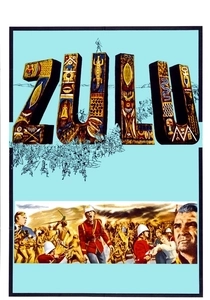
Zulu (1964)
Description: Set during the Anglo-Zulu War, this film captures the Battle of Rorke's Drift, where a small contingent of British soldiers defended their post against a much larger Zulu force. It provides a dramatic insight into the military prowess and culture of the Zulu Kingdom.
Fact: The film was shot on location in South Africa, and many of the extras were actual Zulu warriors.
 Watch Now
Watch Now 
Khartoum (1966)
Description: This historical epic focuses on the siege of Khartoum during the Mahdist War, showcasing the clash between British colonial forces and the Sudanese Mahdists, providing a dramatic portrayal of late 19th-century African history.
Fact: The film was shot on location in Egypt and Sudan, giving it an authentic feel.
 Watch Now
Watch Now 
Zulu Dawn (1979)
Description: A prequel to "Zulu," this film depicts the events leading up to the Battle of Isandlwana, where the British suffered a significant defeat against the Zulu Kingdom, offering a detailed look at military strategy and cultural clash.
Fact: The film was shot on location in South Africa, with many of the same extras from "Zulu" returning to portray Zulu warriors.
 Watch Now
Watch Now 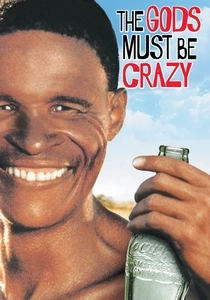
The Gods Must Be Crazy (1980)
Description: While not strictly historical, this comedy film provides a satirical look at the clash between modern civilization and the traditional life of the San people in the Kalahari Desert, offering a humorous perspective on cultural differences.
Fact: The film was a surprise international hit, becoming one of the most successful South African films ever made.
 Watch Now
Watch Now 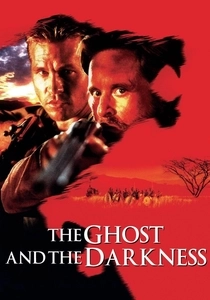
The Ghost and the Darkness (1996)
Description: Set in the late 19th century, this film recounts the true story of the Tsavo maneaters, two man-eating lions in Kenya, which terrorized workers building the Uganda-Mombasa Railway, highlighting the challenges of colonial expansion in Africa.
Fact: The film was based on real events, and the actual lion skins were used in the movie.
 Watch Now
Watch Now 
The Prince of Egypt (1998)
Description: This animated masterpiece retells the biblical story of Moses, from his birth in Egypt to his leadership of the Hebrew slaves out of bondage. It's a visually stunning depiction of ancient Egypt, offering a unique perspective on the region's history.
Fact: The film was the first traditionally animated feature to be produced by DreamWorks Animation and was critically acclaimed for its music and animation.
 Watch Now
Watch Now 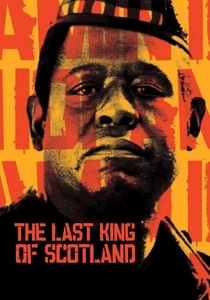
The Last King of Scotland (2006)
Description: While not set in ancient times, this film explores the reign of Idi Amin in Uganda, offering a glimpse into the political and cultural dynamics of post-colonial Africa, which has roots in ancient traditions and conflicts.
Fact: Forest Whitaker won an Academy Award for Best Actor for his portrayal of Idi Amin.
 Watch Now
Watch Now 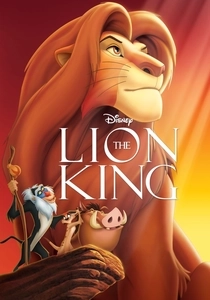
The Lion King (1994)
Description: Though an animated film, "The Lion King" draws heavily from African folklore and history, particularly the story of Simba, which mirrors the rise and fall of African kings and the circle of life in the savannah.
Fact: The film was inspired by Shakespeare's "Hamlet" but set in an African context, making it a unique blend of Western literature and African culture.
 Watch Now
Watch Now 
Queen of Sheba (1952)
Description: This film explores the legendary visit of the Queen of Sheba to King Solomon, blending biblical history with the rich cultural tapestry of ancient Ethiopia and Yemen.
Fact: The film was one of the first to depict the Queen of Sheba on screen, bringing her story to a wider audience.
 30 Days Free
30 Days Free 
